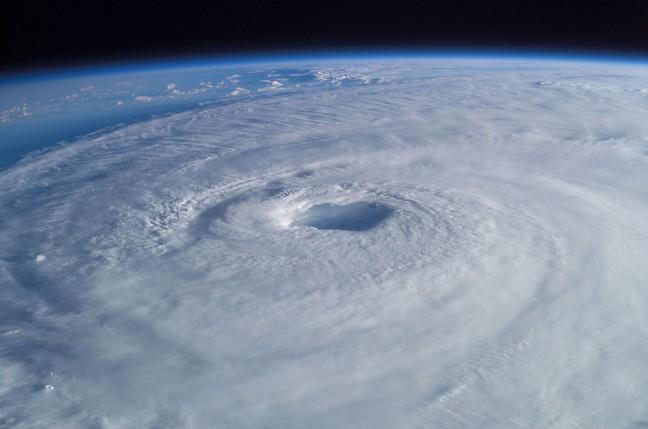While aimlessly scrolling through my Twitter feed over the past few weeks, I’ve been seeing a common take on Hurricane Harvey and Irma: “Why don’t they just leave?” At first glance, this is a harmless and fairly logical question. If you’re living in the path of a storm that has the potential to kill you, why don’t you leave?
However, once you start looking deeper, a simple fact comes to the surface. These predominantly poor, minority communities cannot afford to leave, and face severe obstacles if they try.
While it is quite obvious that nature itself is not racist, it is evident that natural disasters are affecting underprivileged and oppressed communities the hardest. Communities that through human efforts, have been built, and then thanks to institutional barriers, have been segregated and isolated, making them the most susceptible to natural disasters. Ultimately this creates a devastating phenomenon — environmental racism.
In the case of Hurricane Harvey, a map — originally posted by The Atlantic — composed of the Center for Disease Control’s (CDC) Social Vulnerability Index (SVI) shows environmental racism in full effect. It’s impossible to ignore the correlation and overlap between neighborhoods that received the least amount of help, ones that have the highest amounts of ethnic makeup and ones that house the city’s poorest residents.
East Houston, one of the areas hit the hardest, just so happens to have the same population distribution in the aforementioned map. These residents face extraordinary obstacles from fleeing, all stemming from ingrained institutional discrimination.
In poorer neighborhoods such as the ones in East Houston, there are thousands of undocumented residents. By fleeing, they feared encountering Immigration and Customs Enforcement (ICE) agents who would deport them. Instead, many stayed home, braving the storm. This is a choice no one should have to make.
Further, for poorer communities who couldn’t afford to leave, getting access to basic necessities such as food and water proved to be near impossible. To begin with, even getting to a store is a difficult, if not impossible task. City officials would not let rescue personnel into these neighborhoods, stranding thousands in flooded and destroyed homes.
If residents were finally able to make it to the stores, they faced low supplies, long lines and illegal price-gouging. Some areas were shown to be charging $40 plus dollars for a package of water bottles. This is completely unethical of the stores, as the inhabitants of the neighborhood who live paycheck to paycheck obviously could not afford such a purchase.
Closing gaps: Dane County makes progress since 2013 racial disparity report
While here in Wisconsin we don’t face the same disasters as Texas or Florida, we do have similar cases of environmental racism that need addressing.
Every summer we live with the fact that there might be a tornado. For many in poor neighborhoods, cheap housing lacks the acceptable accommodations for protecting oneself. There are no basements, there are no storm windows and your neighbors are hovering nearly an arms distance away. The same goes for the mobile homes that are scattered across the state. For those who don’t have the means, natural disasters have the worst consequences.
While storms themselves do not discriminate, the way we as humans act have created a society that puts minorities and poorer residents at a higher risk during weather events. Our actions are to blame.
So the next time you’re judging residents for staying, think a bit closer as to why they’re staying and what we did to create such a dangerous environment for our fellow citizens to live in.
Adam Ramer ([email protected]) is a junior majoring in political science and history.




















